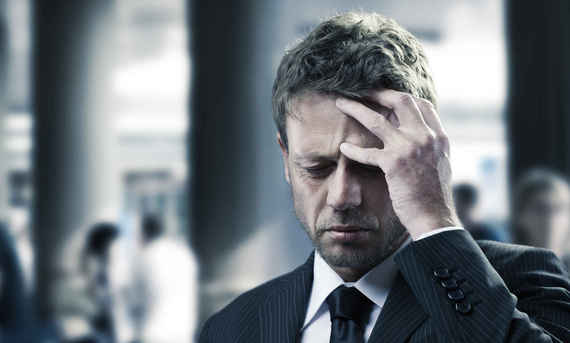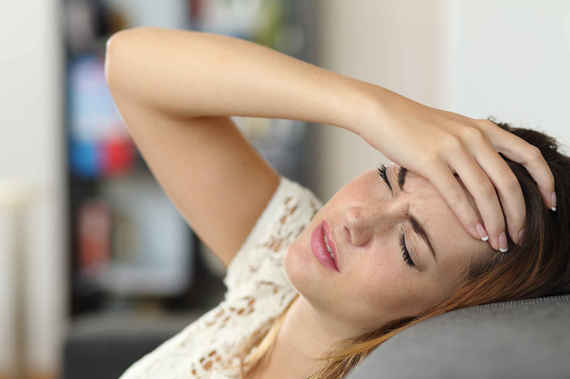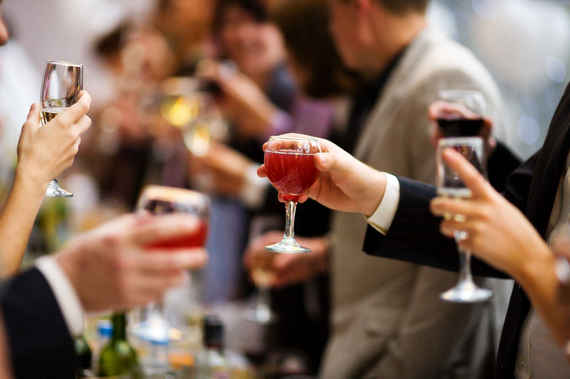By: Anthony Schneck
Drinking is pretty much the only activity that allows otherwise average adults to semi-rationally compare themselves to professional athletes. You rely on sheer physical ability in your early 20s, hone your craft and ride out your prime in your mid-20s, see the first signs of decline in your late-20s to early 30s, become a wily veteran in your mid-to-late-30s, and resign yourself to recreational participation after you retire.
But drinking isn't a professional sport (yet). So why should it get so much harder as you age? Why the longer, more brutal hangovers? Why so much pain after only four beers? And is there anything you can do to prolong your career?
First, the basics:
What is a hangover?
No one knows! Seriously, which is kind of crazy considering how long people have consumed alcohol. Dr. Damaris J. Rohsenow, Associate Director of the Center for Alcohol and Addiction Studies at Brown University, said in an email that, rather than being condition unto itself, a hangover is actually a collection of symptoms, most commonly "thirst, head pain, stomach distress, and feeling tired or dizzy... These do not all need the same underlying explanation."
In other words, while alcohol is the "cause" of your hangover, each symptom may have a different specific genesis -- thirst because alcohol is a diuretic and you're dehydrated, nausea because alcohol could inflame your stomach lining, and so on. Dr. Rohsenow suggests that inflammation and sleep disturbances likely play a large role in how nightmarish your morning after is.
So why do my hangovers feel worse every year?
One popular explanation as to why hangovers get worse as you move into your late 20s and 30s is that you lose some of the enzymes required to break down alcohol from acetaldehyde to nontoxic acetate. But according to Dr. Rohsenow, acetaldehyde "is probably not one of the chemicals that affects hangover itself, because the maximum hangover intensity occurs after all acetaldehyde is gone from the blood and acetaldehyde levels do not correlate well with hangover." She's not the only one to note acetaldehyde's dubious role in hangovers.
So the articles that rely on acetaldehyde to explain changes in recovery time after a boozy night are, at best, incomplete. And yet, the office hangover of your 30s is so, so much more crushing than the still-living-with-parents hangover of a 22-year-old.
More from Thrillist:
Like Thrillist on Facebook: www.facebook.com/Thrillist
Also on HuffPost:



